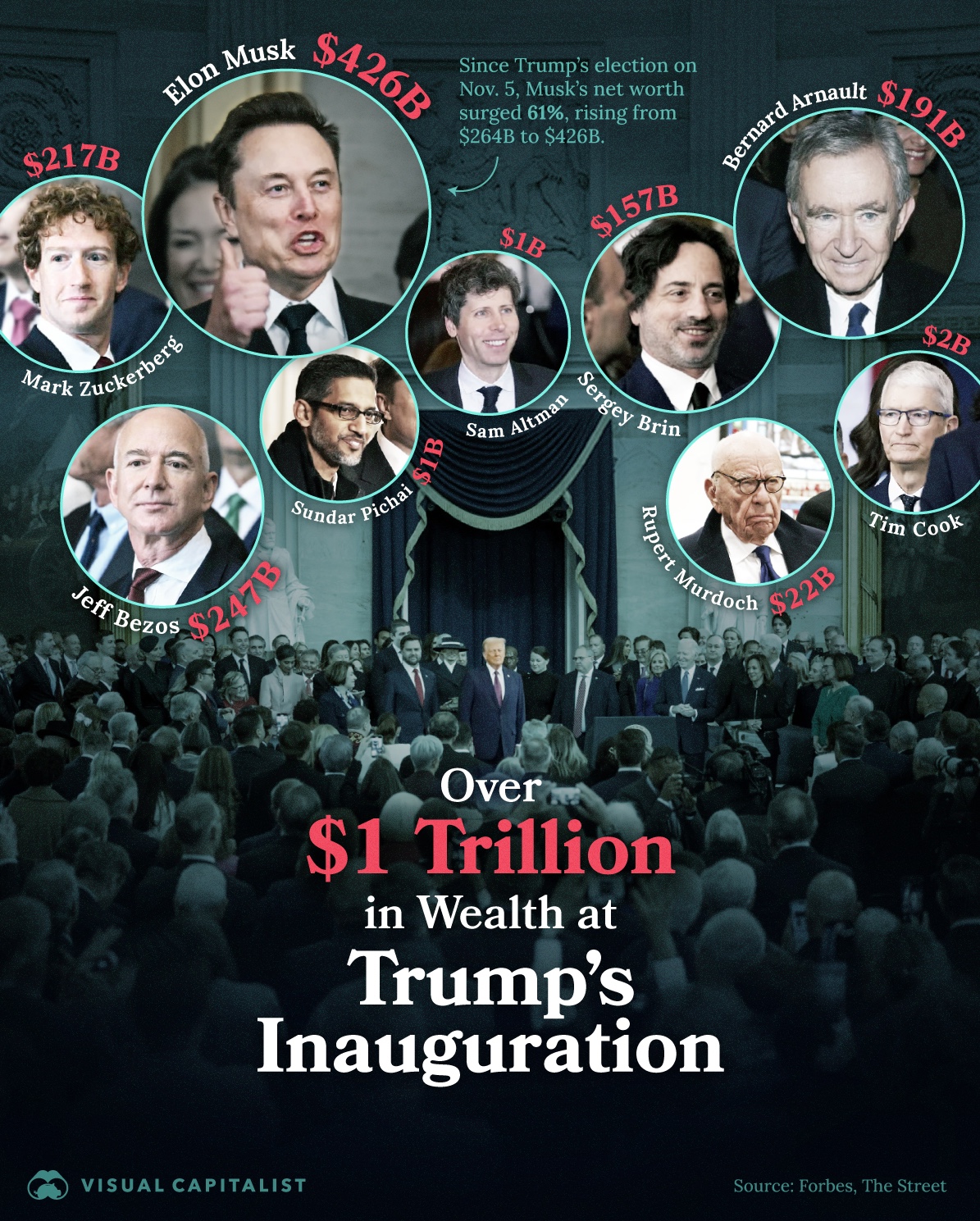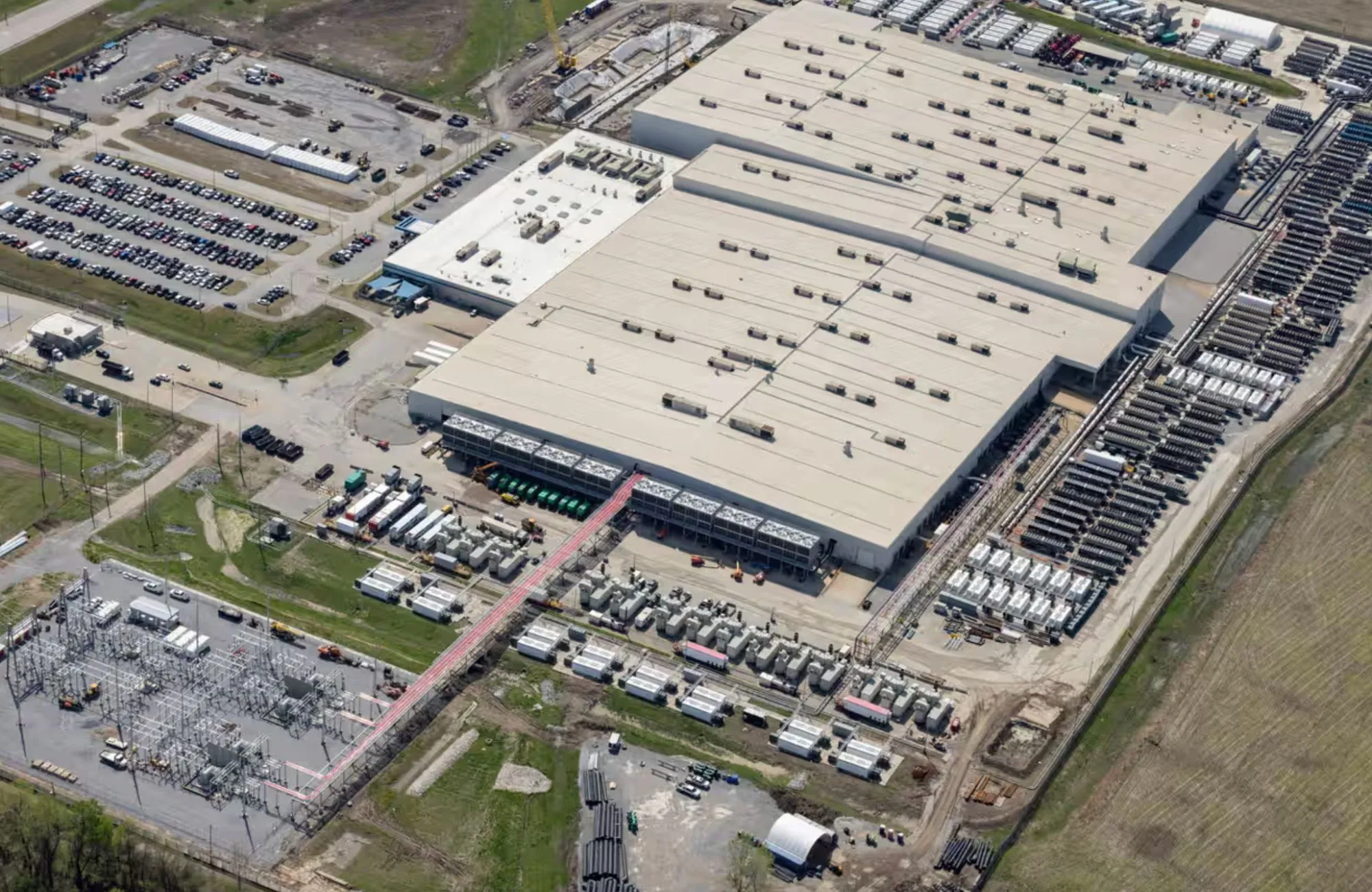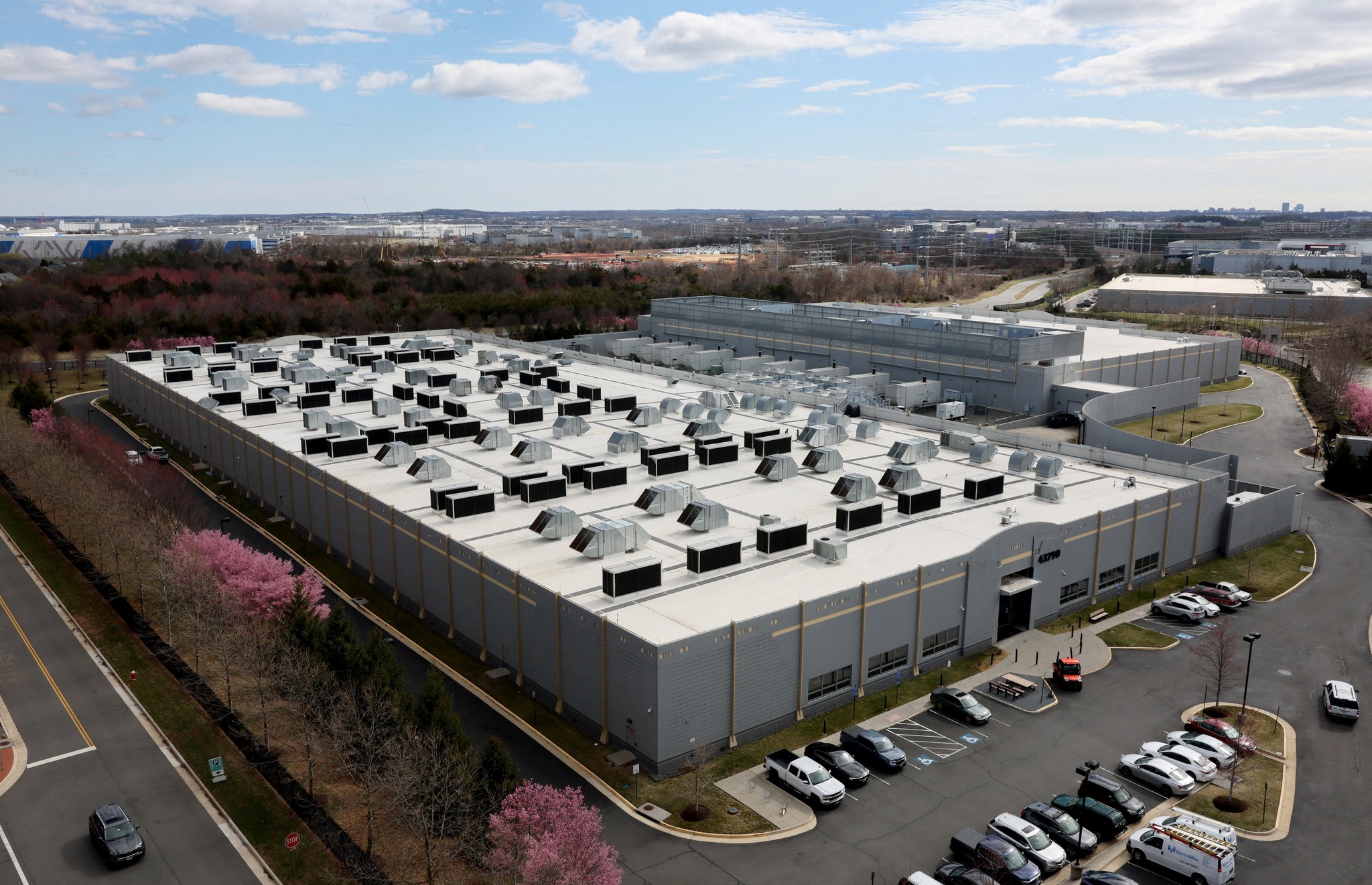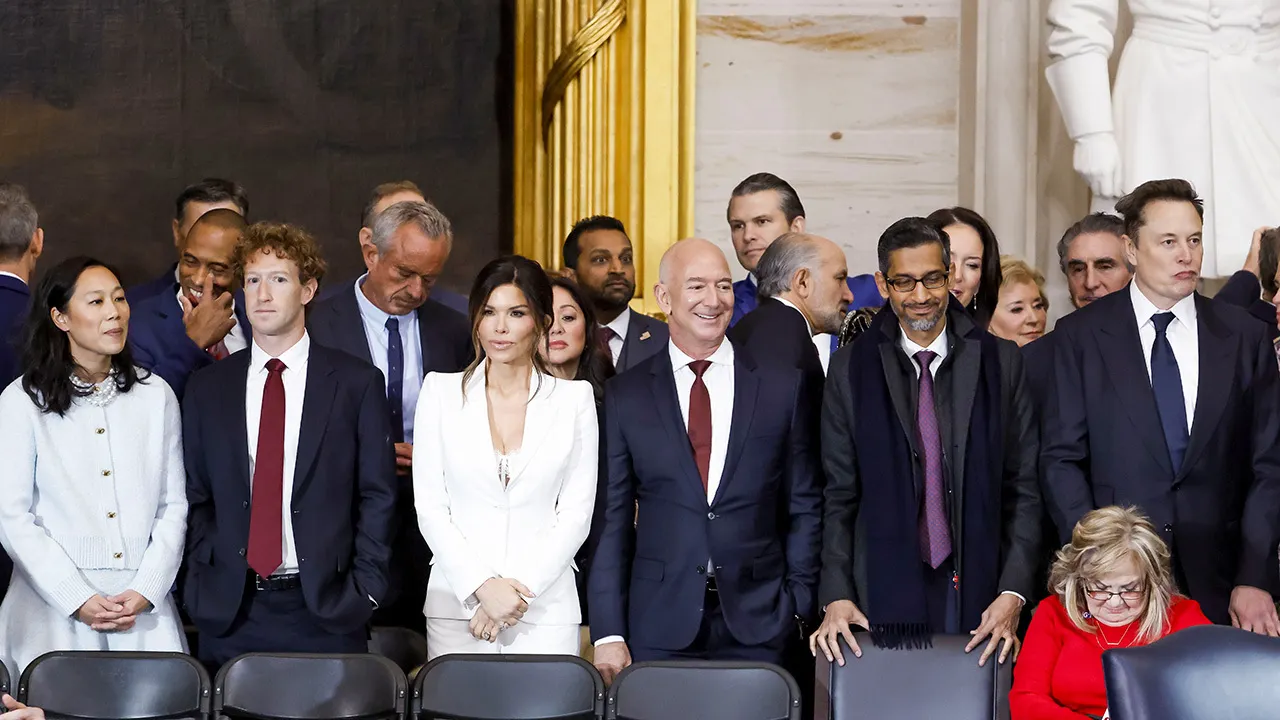No, the United States does not need more wealthy leaders.
Billionaires can shape laws and regulations to protect or expand their wealth and interests, often through campaign donations, lobbying, and direct connections to policymakers.
But when policies consistently favor the wealthy, faith in the fairness and representativeness of government can deteriorate.
Political influence can lead to further tax benefits, deregulation, and advantages that exacerbate income and wealth inequality.
As wealth and opportunity become more concentrated, it can become harder for others to move up the economic ladder.
Top tech billionaires who attended Donald Trump’s inauguration included:
Elon Musk (Tesla, SpaceX, X): Attended and was given a prominent seat, also named to co-lead a government efficiency initiative.
Jeff Bezos (Amazon, Blue Origin): Present with fiancée Lauren Sánchez, seated at the inaugural platform among other tech leaders.
Mark Zuckerberg (Meta/Facebook): Attended with spouse Priscilla Chan, seated front-row at the event.
Sundar Pichai (Google/Alphabet): Joined fellow tech CEOs at the inauguration, representing one of the largest tech firms.
Tim Cook (Apple): Attended the pre-inauguration service and ceremonies alongside other Silicon Valley leaders.
Shou Zi Chew (TikTok): Present at the inaugural events, especially as TikTok faced regulatory scrutiny in the US.
Dara Khosrowshahi (Uber): Cited among the business figures in attendance and involved in inaugural fund contribution.

The Problem With Wealthy Leaders
Trump’s platform focused on tax cuts, deregulation, and reduced corporate restrictions, generating optimism among top executives and billionaires for a more profitable and less restrained business environment.
When billionaires gain significant control in a democracy like the United States, several potential consequences may arise—both subtle and overt—that can impact political, economic, and social systems.
Unfair Influence
Erosion of Public Trust:
When policies seem to consistently favor the wealthy, faith in the fairness and representativeness of government can deteriorate.
Widening Wealth Gap
Political influence can lead to further tax benefits, deregulation, and advantages that exacerbate income and wealth inequality.
Apathetic Government
Control of Media & Tech
Local communities negatively affected
Elon Musk Data Center (St. Louis / Memphis area)

Air Pollution and Health Risks: Community members, especially in Memphis’s Boxtown neighborhood, report increased rates of respiratory problems, asthma, and other health concerns due to emissions from the data center’s temporary and permanent gas turbines, including nitrogen oxides and formaldehyde.
Environmental Justice: The location, in a predominantly Black community already dealing with high industrial pollution, has sparked protests and lawsuits, with locals and environmental groups accusing Musk’s company of worsening existing air quality problems and bypassing proper permitting.
Noise Pollution and Lack of Local Jobs: Residents complain about noise, massive power and water use, and that job promises are minimal compared to the disruption data centers bring.
Concerns about Transparency and Regulation: Many fear regulatory agencies are unable or unwilling to adequately monitor pollution; some cite conflicts of interest in local government.
Mark Zuckerberg (Meta) Data Center (Newton County, Georgia)

(Image Credit: Reuters)
Water Shortages and Contamination: Residents report their well water running dry, tap water turning brown, and appliances failing due to sediment build-up, suspected to be linked to data center construction and heavy water withdrawals by Meta’s facility.
Risk of County-Wide Water Deficit: Local officials warn the entire county may run out of water by 2030 if use patterns and infrastructure aren’t changed; Meta’s data center reportedly uses up to 500,000 gallons of water per day.
Financial Strain and Lack of Compensation: Residents have spent thousands of dollars trying to fix water problems, often unable to afford new wells or repairs, and say Meta has refused to pay for damages or connect homes to municipal water.
Demands for Accountability: Locals are calling for Meta to compensate affected families, be transparent about water use, and fund independent environmental reviews.
Distrust and Loss of Community Well-being: Many residents feel their health, property values, and quality of life are at risk, expressing frustration at Meta’s lack of meaningful support and the broader consequences of tech industry expansion into rural communities.
There is considerable debate among scholars, journalists, and policy experts about whether the United States is increasingly moving toward plutocracy or oligarchy—where a small number of very wealthy individuals wield outsized influence over politics and policy.
Billionaire control in a democracy like the U.S. can undermine political equality, increase economic disparities, and erode public trust and the very foundations of representative government, risking a shift from democracy toward oligarchy.






